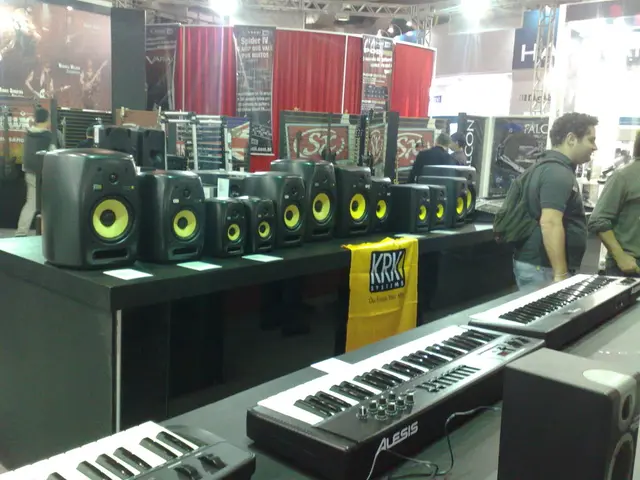Judge Dismisses RICO Lawsuit Against Missouri Grey Market Gaming Business
A legal case based on the Racketeer Influenced and Corrupt Organizations (RICO) law filed against a company offering grey-market gaming machines in Missouri was dismissed due to the fact that people can choose not to play and thus avoid losing money.
In a recent verdict, Judge Brian Wimes ruled in favor of Torch Electronics, stating that since the financial loss in this case was self-inflicted, the RICO laws cannot be implemented.
The RICO laws were created to target organized crime, however, civil suits can be brought against businesses that cause damage to a person's business or property. However, this particular case didn't meet the criteria as the damage was self-inflicted, according to Wimes.
No Hope for Plaintiffs
The court case was lodged by seven plaintiffs who claimed they suffered financial damage due to the presence of the machines. All of them were addicted gamblers who had banned themselves from the state's casinos, according to the lawsuit.
Joe Jacobson, a lawyer representing the plaintiffs, told The Missouri Independent in March that it was cruel to expose these machines to individuals with addiction problems who had chosen to exclude themselves from regulated gambling. He added that the goal of the lawsuit was to remove all of Torch Electronic machines from Missouri.
The company started installing its machines in convenience stores, bars, and truck stops across Missouri in 2018. Torch argued that the machines did not need to be regulated. The firm described the machines as "no chance video games," and claimed they were exempt from Missouri gambling laws as they eliminated the element of chance inherent in a gambling game.
Torch's terminals are essentially "pre-reveal" devices that allow players to see if their next spin would be a winner and by how much.
However, since users usually play in a series of spins instead of just one, they are effectively paying to find out what happens in the spin after the next one, which remains a mystery.
Judge Wimes' verdict was not based on the nature of the game but on a federal rule that could stir controversy.
"The plaintiffs claim they didn't voluntarily use the slot machines because 'the slot machines were thrust upon them unwanted, irresistible like the Sirens of Greek Myth'” Wimes wrote. “However, plaintiffs provide no authority to support the contention that their use of the slot machines was involuntary simply because the machines are readily accessible."
Criticism Over Judgment
Jacobson said the decision was disheartening as it overlooked the essence of gambling addiction and impulse control.
"I've got a client who became homeless due to his gambling on these slot machines in gas stations." Jacobson told the Independent. "I just think that we as a society should acknowledge the reality of what addiction is."
Jacobson hasn't decided whether to appeal in the federal court or file a new suit in the state court.
The Missouri Gaming Commission has declared that Torch's games are "gambling devices." Meanwhile, attempts to address the issue in the legislature have failed due to the conflicting interests of lobbyists for the casino industry and grey-market gaming operators.








